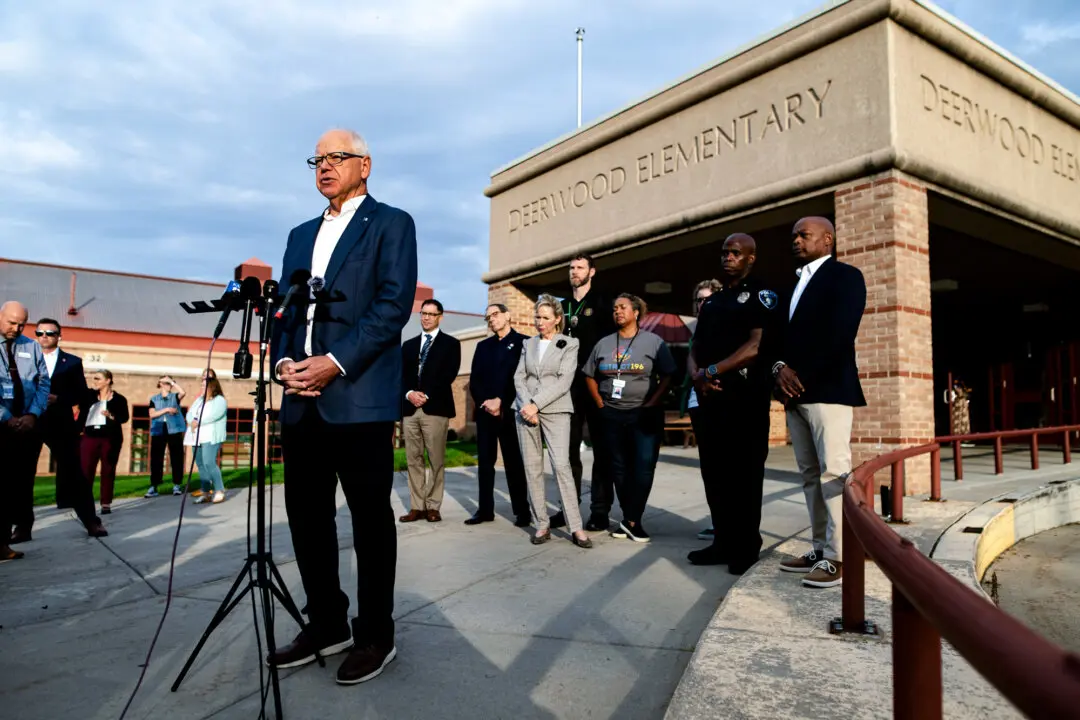New data from the Johns Hopkins Institute for Education Policy’s homeschool research lab show that 90 percent of states reporting data saw an increase in homeschooling in the 2023–2024 school year.
The report examined data from 21 out of 30 states that collect or report homeschool participation information. The other nine states are expected to report data in the coming months.





